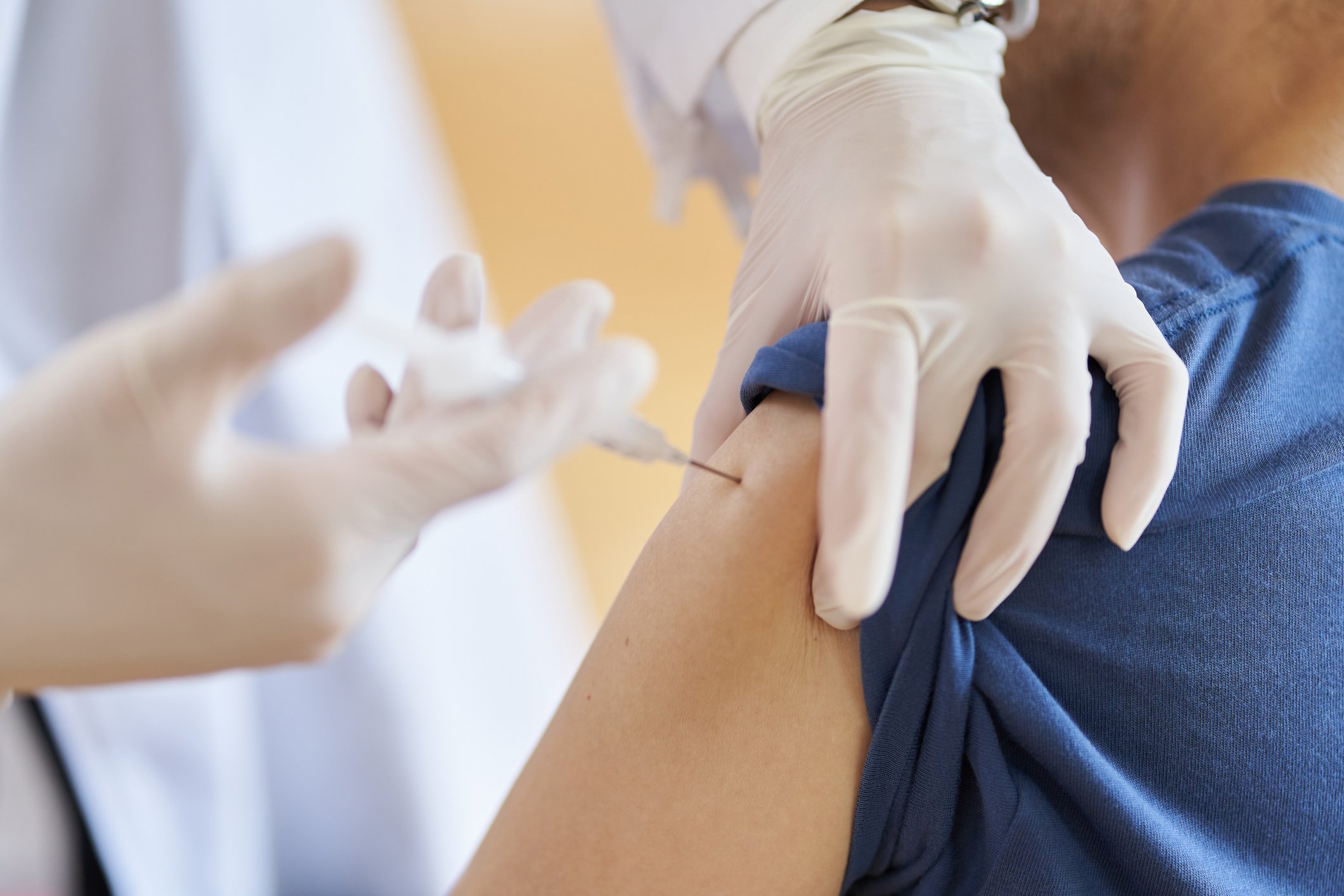One press release last week caused shares of clinical-stage biotech Novavax (NVAX 0.95%) to soar nearly 25%. The company didn't announce an FDA approval. It didn't even report results from a clinical study. All Novavax did was announce that a call would be held on Monday, July 24, to discuss results from a phase 2 study of its RSV F vaccine.
Based on the stock's surge, investors were obviously viewing the update as a positive development. Despite no mention whatsoever in Novavax's press release about how well its RSV F vaccine performed, many automatically assumed good news. But should investors brace themselves for bad news instead?

Image source: Getty Images.
Could history repeat itself?
This isn't the first time Novavax has announced highly anticipated results from a clinical study for its RSV F vaccine. On SepT. 15, 2016, the company released top-line results from a phase 3 study of the vaccine in older adults. Instead of celebrating good news, Novavax reported that the vaccine failed to meet its primary endpoint of efficacy in the prevention of moderate to severe RSV-associated lower respiratory tract disease.
That big disappointment followed what Novavax had viewed as positive phase 2 results from a phase 2 study of the vaccine in older adults. CEO Stanley Erck said at the time that the company was "thrilled by the groundbreaking efficacy" shown in the phase 2 study. Gregory Glenn, Novavax's vice president of research and development, thought the results represented "a historic advance for the field" of immunization.
However, many were skeptical about those results. Why? They were barely within the boundary of statistical significance. Skepticism about those phase 2 results proved to be prescient when Novavax later reported late-stage results.
Investors awaiting Novavax's coming update could understandably be worried that history could repeat itself. However, many don't seem to have much concern with Novavax stock taking off like it did last week.
Why the optimism?
Why, then, should investors be optimistic? After a huge failure in a late-stage study with 11,856 older adults, why should a study with around 300 older adults produce a different outcome?
One guess is that investors are reading a lot into a phrase included Novavax's press release announcing the upcoming call. The company stated that, in addition to reporting results from the phase 2 study of the RSV F vaccine in older adults, it would "provide an update on its prior phase 2 and phase 3 clinical trials in older adults."

Image source: Getty Images.
Back when Novavax announced its disappointing phase 3 results, the company stated that the attack rate (i.e., the measure of how quickly a virus spreads) in the study was only 2%. Historically, attack rates for RSV F acute respiratory disease in older adults are between 3% and 7%. In Novavax's previous phase 2 study in older adults, the attack rate was 4.9%. It could be that many investors anticipate that Novavax will explain that it can show that the previous phase 3 failure for its RSV F vaccine stemmed from this difference in attack rates.
Another possible reason for cautious optimism could center on a key difference between the new phase 2 study and the previous phase 3 study. The latest study includes arms that add either aluminum phosphate or Novavax's Matrix-M adjuvant. These adjuvants can help the vaccine produce a stronger immune response, which could increase the likelihood of success in the most-recent phase 2 study.
Zig said it best
The late motivational speaker and author Zig Ziglar once said: "Expect the best. Prepare for the worst. Capitalize on what comes." That seems like good advice for Novavax investors.
As mentioned, there is some reason to expect the best when Novavax announces its phase 2 results. However, investors should be braced for bad news. There has no doubt been plenty of "reading the tea leaves" about what the company could announce. Tea is much better for drinking than for predicting the future.
Ziglar's admonition to capitalize on whatever comes is perhaps the smartest approach for Novavax investors. If the company reports good news, it could indicate a much greater market potential for its RSV F vaccine.
If it's bad news, Novavax stock will plunge. But if its drops enough, that could present a buying opportunity. The company's RSV F vaccine could still be a promising alternative for maternal immunization. Novavax thinks peak sales in that market alone could be in the ballpark of $1.5 billion. With a current market cap of around $415 million, Novavax could potentially be a long-term winner regardless of the outcome on Monday.






